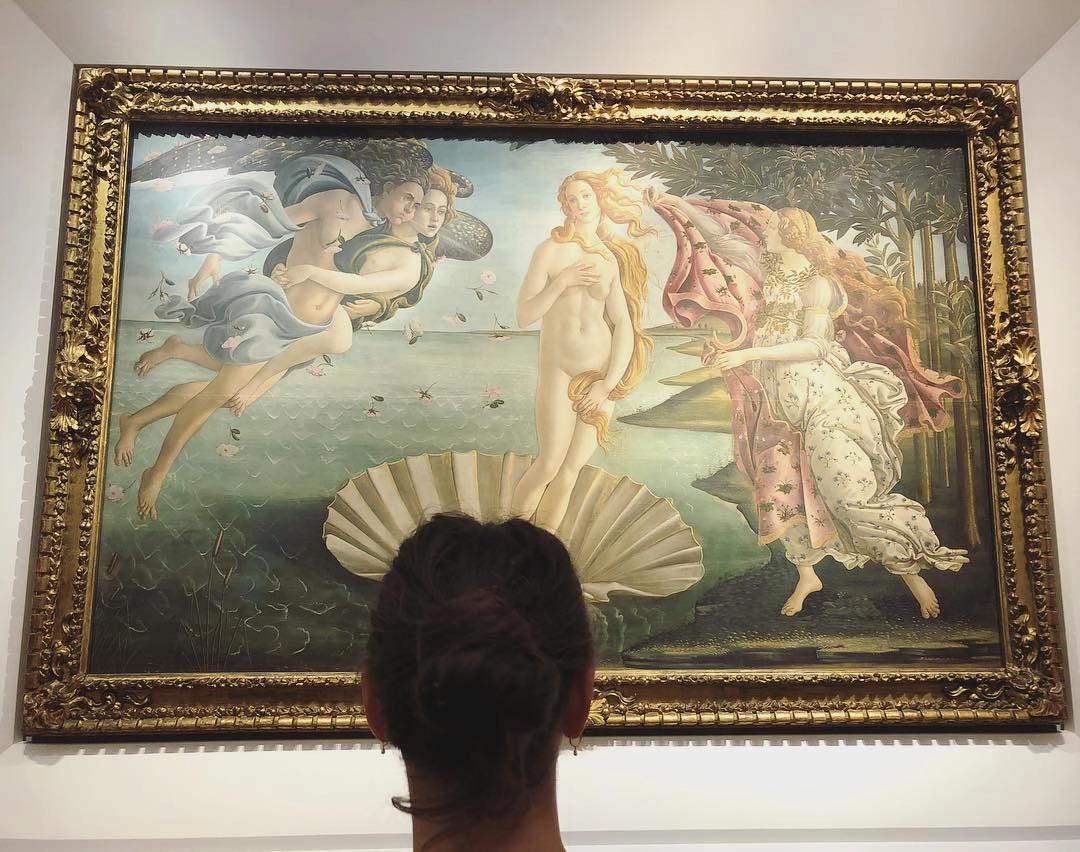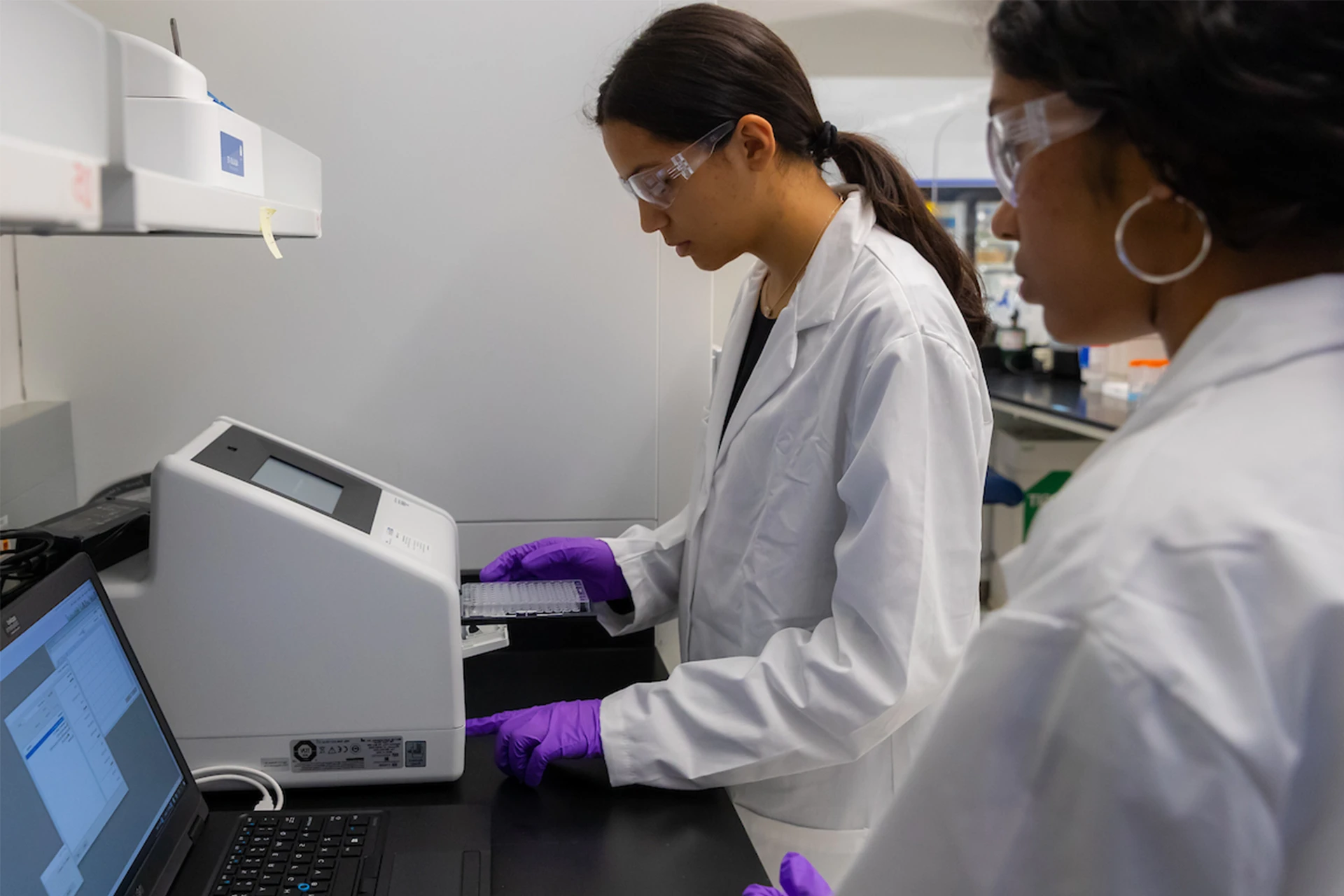Mission
The Philosophy Department at UTRGV seeks to develop a philosophically engaged life in our students, our colleagues, the Rio Grande Valley, and the world. We aim to help students, faculty, and our various communities make better sense of the world and decide how to better live in it.
As professional teacher-scholars, our faculty provides the core of a liberal arts education by teaching students to read carefully, think critically, write clearly, reason systematically, and wrestle with some of the most difficult and important questions of human existence. Philosophy contributes to UTRGV’s core curriculum by offering courses that develop critical thinking, communication, teamwork, and social and personal responsibility. We do this by introducing students to the ethical, political, epistemic, and religious philosophies that have shaped history; by training students in logical, critical, and evaluative methods of reflection; and by applying these methods to discuss and practice personal growth, the betterment of their communities, and the transformation of the world. The Philosophy Department also provides an indispensable service to other programs and majors, including Biology, Communication Sciences and Disorders, Engineering, Mathematics, Social Work, Physics, Mexican American Studies, and Computer Science. Advanced courses in philosophy systematically and critically address questions about the human condition, aesthetics, ethics, society, politics, and the foundations of history, law, medicine, science, and mathematics.
Expected student learning outcomes include improved abilities to: critically evaluate basic assumptions, evaluate theories and worldviews, see the world from the perspectives of other individuals and cultures, construct philosophical arguments, analyze and solve problems, communicate complex thoughts clearly, and write effectively about timeless questions and current problems. By developing a clearer sense of their personal values and social responsibilities, students will also become better prepared to assume positions of leadership. In fact, completion of the BA program in Philosophy prepares students for any job or profession that requires critical thinking and responsible decision making, helping students to succeed in any venture, enterprise, field, or course of further study that they choose. Philosophy majors and double majors from UTRGV have gone on to enjoy successful careers in medicine, engineering, entrepreneurship, criminal justice, business, law, ministry, scientific research, art, publishing, sales, management, and public service. As a department located on the U.S.-Mexico border, we seek to promote more diversity within the profession of philosophy itself, where the underrepresentation of Latinos and Latinas is a serious problem.
Our department is pluralistic in terms of philosophical approach, with faculty representing Analytic, Continental, American, Latin American, Asian, and Feminist traditions. We have particular strengths in Latin American philosophy, the philosophy of science, and applied ethics.
Academic Programs
Bachelor's
Philosophy (BA)
Bachelor of Arts in Philosophy
Program Modality: Campus
The Bachelor’s degree in Philosophy is designed to help students think more clearly, more perceptively, and more effectively. The program introduces students to the ethical, political, epistemic, and religious philosophies that have shaped history, provides training in logical, critical, and evaluative methods of reflection, and prepares students to apply these methods to discuss and practice personal growth, the betterment of their communities, and the transformation of the world.
The study of philosophy uniquely helps students to better understand and appreciate themselves and the world outside, and how the two are related.
Concentration:
Master's
Bioethics (MS)
Master of Science in Bioethics
Program Modality: Online
The Master’s degree in Bioethics prepares leaders in bioethics, social justice, and health equity to create opportunities and manage resources for ethical and complex challenges in social, political, and economic climates. The program prepares students to develop a theoretical framework for understanding bioethical issues, examine how bioethical issues impact health care decisions, and understand the unique challenges faced by vulnerable populations in achieving health equity.


